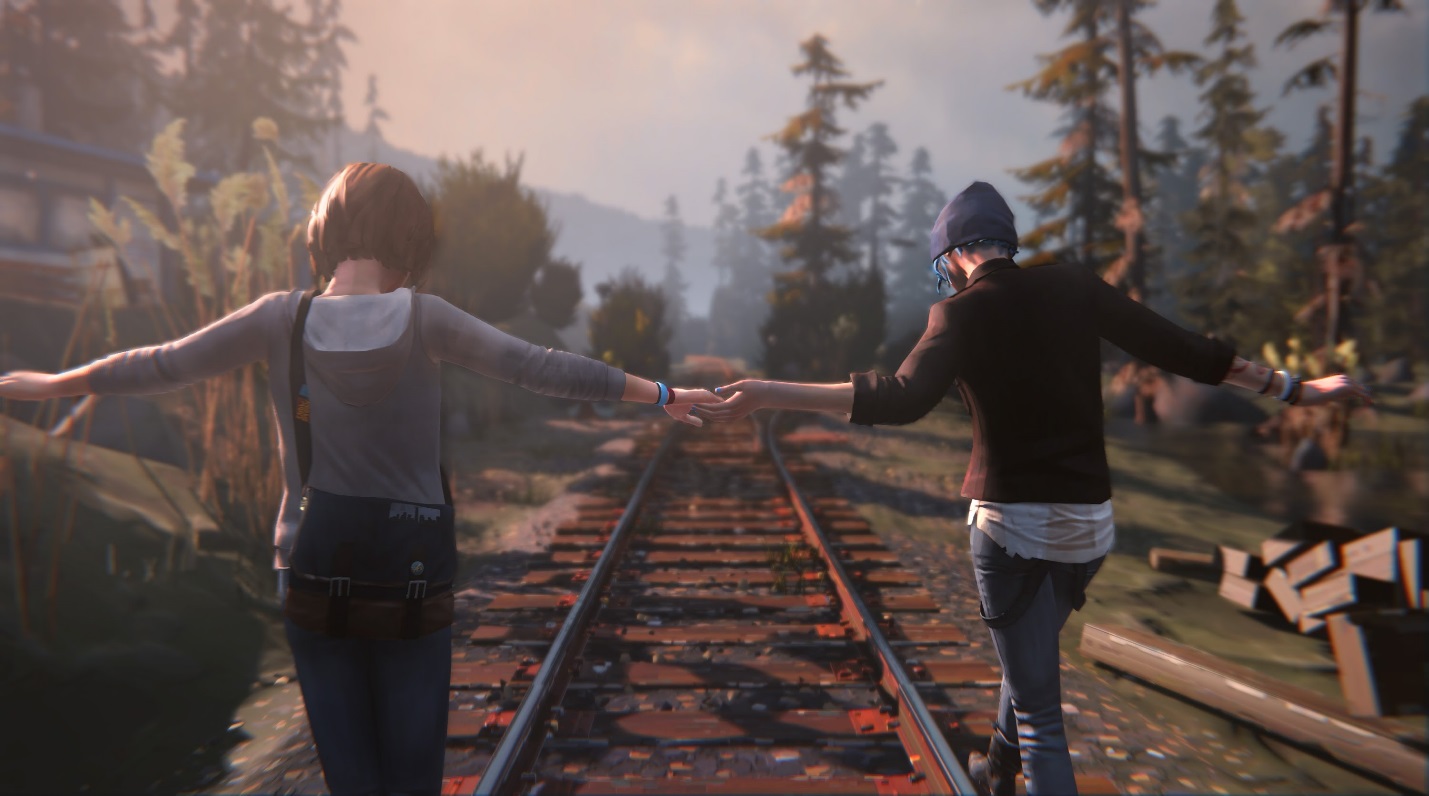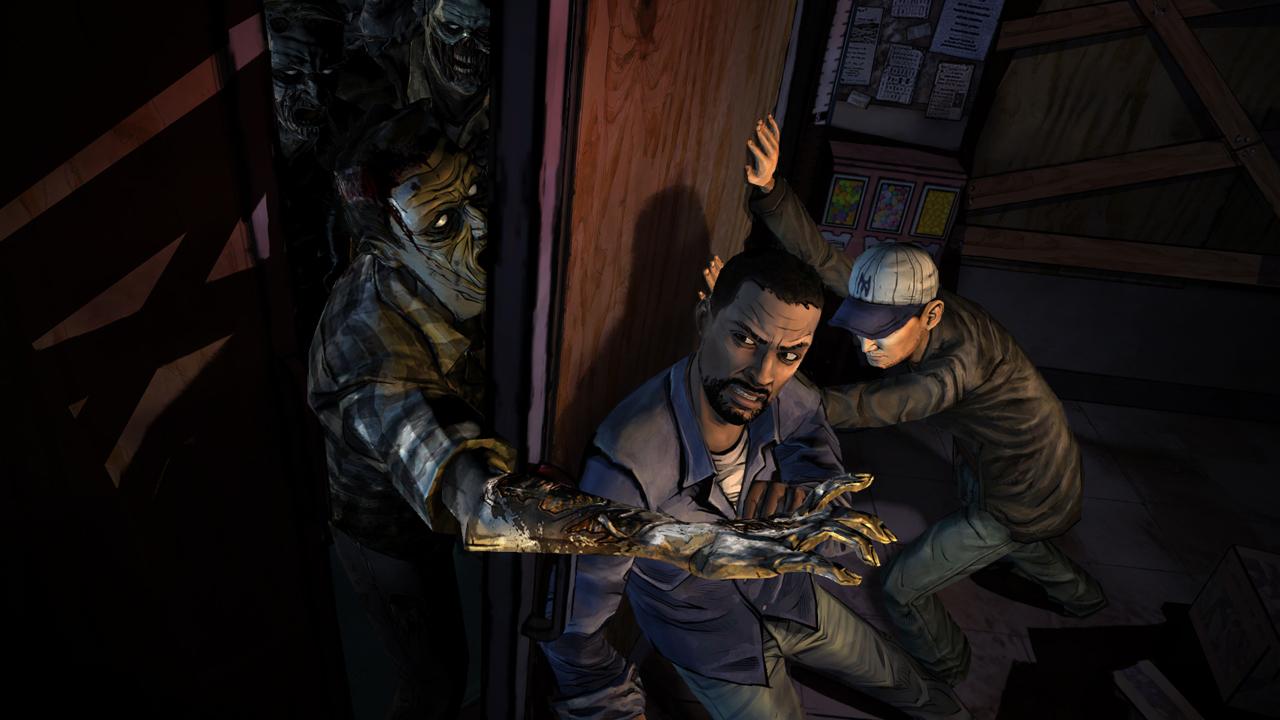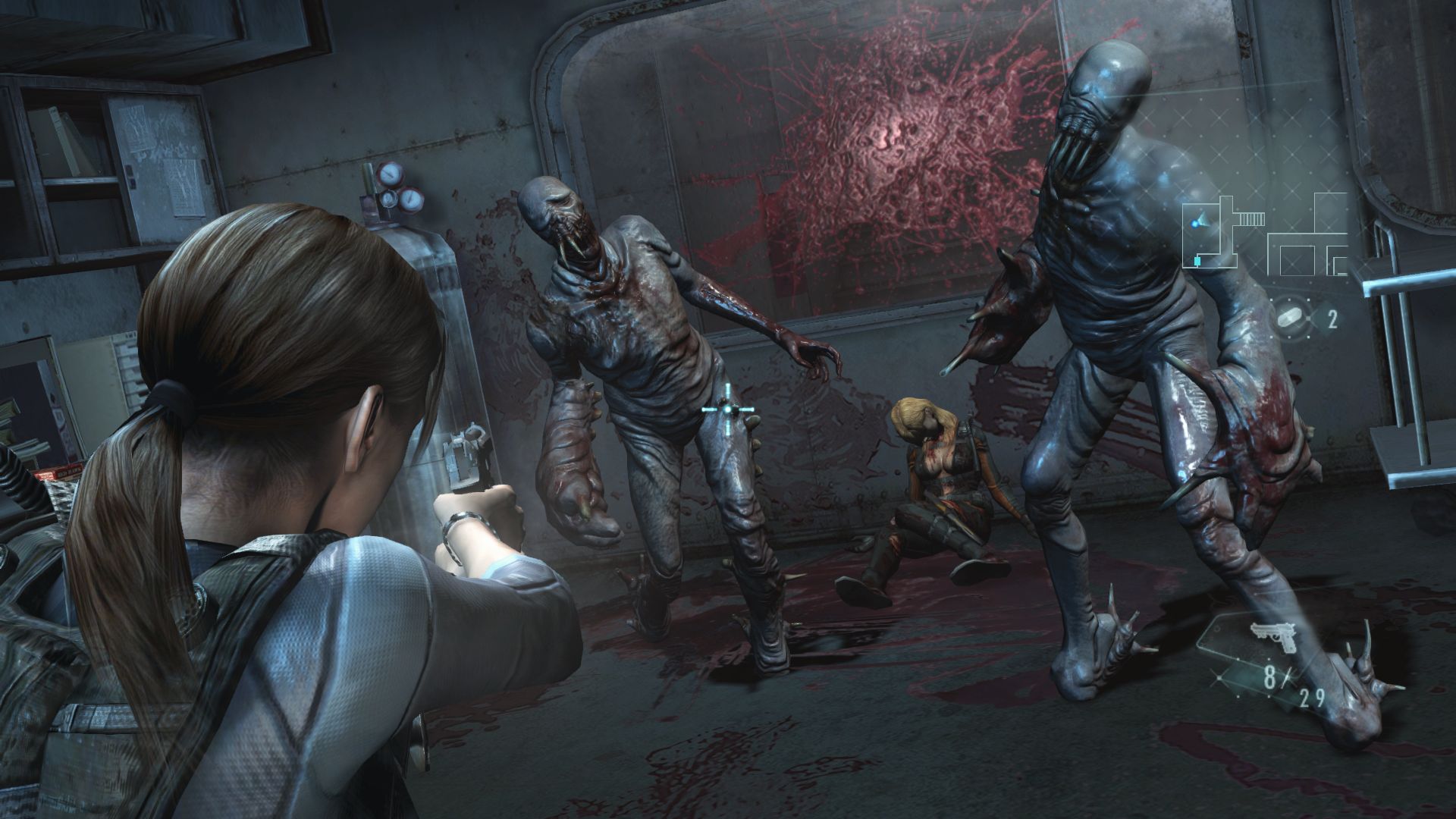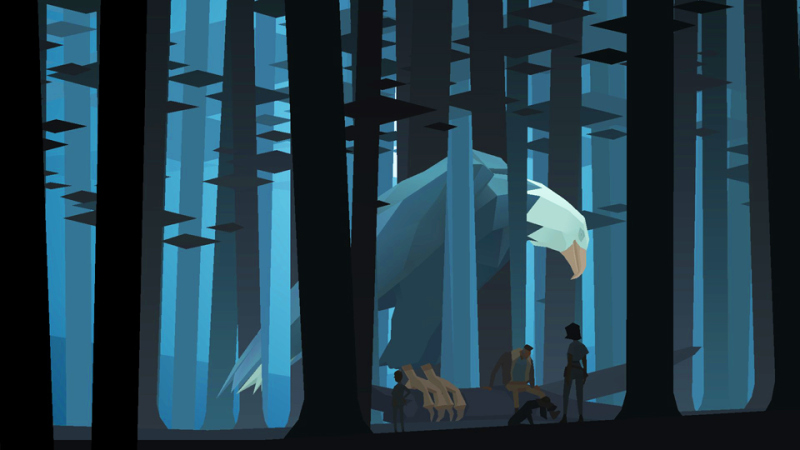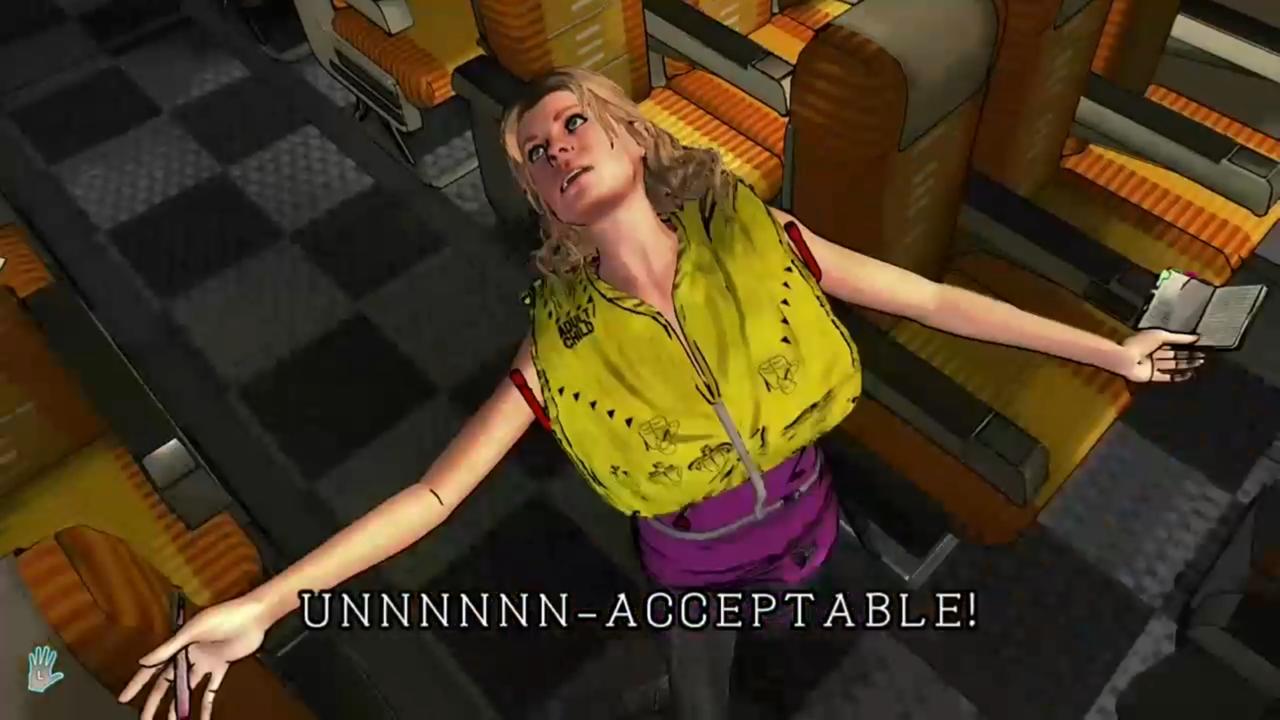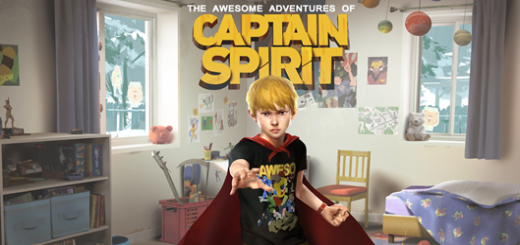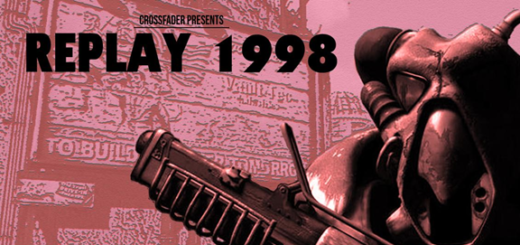Should Episodic Games Get a Second Season?
All of us here at Crossfader are more excited for the release of the fifth and final installment of Dontnod’s LIFE IS STRANGE than a S A D B O Y waiting for a discount sale on Arizona Iced Tea. Hand-holding high school girls that can go back in time are a foolproof combination, but the two month wait between each offering has this writer wishing for a fast forward button in place of heroine Max’s rewind ability. As more and more titles these days are being released piecemeal, a future where ‘feature’ games are a required designation is becoming very real. But is this really a good omen?
Of course, episodic content in games is not a new trend. The practice dates back to the 80’s in the form of expansion packs that mainly featured new gameplay mechanics, rather than continuous plotlines. Truly episodic, story-driven series were practically unheard of until the likes of SAM & MAX and PENUMBRA were released in the mid 2000’s. It wasn’t until Telltale unleashed apocalyptically acclaimed THE WALKING DEAD in 2012 that everyone lost their minds and hopped onto the episode train.
And they’ve appeared in hordes ever since
There’s plenty of great reasons to break a game into chunks rather than to present it all at once. Divvying up the development of a video game allows smaller, more independent developers to be able to release a full experience that would otherwise be unaffordable from both a monetary and a resource-based standpoint. Gauging player reactions between episodes also lets the developers learn from their mistakes and improve their product for the next installment (case in point: LIFE IS STRANGE’s previously atrocious dialogue and lip-sync).
Additionally, casual gamers who don’t have the hundreds of hours needed to take on a doozy like THE WITCHER 3 or METAL GEAR SOLID V will find individual episodes much more manageable. Making games more bite-sized has allowed publishers to rope in more consumers from outside the hardcore gaming community. This technique has proven to be so successful that even full releases like ALAN WAKE and the first RESIDENT EVIL: REVELATIONS have structured their stories into faux-episodic layouts that allow for shorter play-sessions.
If only the movies had been as palatable
That’s not to say that everything is hunky-dory in vidyaville, though. Only through sheer luck (and sales) will an episodic title release according to schedule. Angry mobs roared for refunds and Tim Schafer’s head after Act 2 of his Kickstarter-funded BROKEN AGE was pushed back by several months. Other games, like KENTUCKY ROUTE ZERO and REPUBLIQUE, while still in development, haven’t released episodes in over a year. By the time they get around to launching their newest episodes, a good chunk of their playerbase will have already forgotten about them.
Which is criminal when this is a still from your game
And then there’s the ones that never made it. SiN EPISODES puttered out after only one outing, despite featuring an incredible level of interactivity that’s sorely missing in the modern shooter market. The same goes for Swery65’s deliciously batshit D4: DARK DREAMS DON’T DIE, an ironic title for a game that we’ll likely never see finished. The biggest tragedy of them all, of course, is HALF-LIFE 2: EPISODE 2, which ended on a cliffhanger way back in 2007. Where the previous examples were developed by smaller outfits and suffered fates endemic to projects of their size, EPISODE 2 proved that even an acclaimed and best-selling franchise backed by a juggernaut like Valve could be lost in limbo when following the episodic formula.
Deborah gets it
This isn’t to say that a series never ended on a cliffhanger prior to the popularization of episodic gaming (here’s to you, BEYOND GOOD AND EVIL), nor that games never get pushed back to absurd degrees (*cough*DUKE NUKEM FOREVER*cough*). It is safe to say that that stretching a release out over the course of a year or more, often with the existence of subsequent iterations entirely dependent on the reception of previous ones, compounds the problems that all game developers face. Episodic formatting has maimed just as many games as it has made. Where poor sales would previously only kill any chance at a sequel, they can now abort a game before it’s even complete.
Now I obviously don’t think that the model should be abandoned: success stories like Telltale and now Dontnod have proven that episodic gaming can work and work well. But taking such a route presents an all new set of risks that didn’t previously exist in game development, and creators should take note. For indie devs especially, the cost-saving episodic model should be equally considered for its ability to drag out a release far longer than it can be sustained. It’s more of a tragedy to see what could have been rather than a game never even see the light of day.

